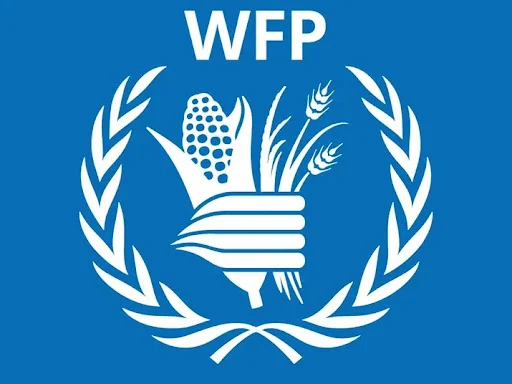In a bid to combat hunger and support President Tinubu's Zero Hunger Programme, the World Food Programme (WFP) has pledged a staggering $2.5 billion. The WFP's commitment was announced by the Country Director, David Stevesson, during a visit to the Minister for Humanitarian Affairs and Poverty Alleviation, Dr. Betta Edu.
During the meeting, Stevesson shared that the WFP has already identified 2.1 million Nigerians as beneficiaries of their program, with plans to expand and work closely with the Ministry of Humanitarian Affairs and Poverty Alleviation. He expressed enthusiasm for the Nigerian government's efforts to eradicate poverty and reduce humanitarian crises, particularly under President Ahmed Bola Tinubu's leadership.
Impressed by Dr. Edu's proactive approach since her appointment, Stevesson commended her for swiftly implementing humanitarian and poverty response programs. He applauded her focus on key initiatives such as the Zero Hunger Programme, which aims to tackle the pervasive issue of hunger in the country.
Stevesson also highlighted the potential for collaboration between the WFP and the Ministry, emphasizing the importance of local food procurement and assistance through cash transfers. He assured the Minister of the WFP's full support, describing their commitment as an investment in Nigeria's fight against hunger.
In her response, Dr. Edu expressed gratitude for the WFP's visit and kind remarks. She concurred with Stevesson's analysis of the challenges faced by Nigeria, emphasizing that over 133 million people in the country currently suffer from multidimensional poverty. Hence, the WFP's $2.5 billion commitment over the next five years will significantly contribute to addressing these pressing issues, particularly hunger.
Dr. Edu explained that the Zero Hunger Programme encompasses various nutritional interventions, including the Homegrown School Feeding initiative. The Ministry intends to target pregnant women, children under the age of five, and individuals affected by humanitarian crises. The project also aims to provide support for the elderly, refugees within Nigerian borders, and individuals of concern.
Highlighting the Ministry's innovative approach, Dr. Edu discussed the creation of humanitarian hubs in each of Nigeria's 774 local government areas. These hubs will serve as central points for delivering necessary aid and assistance, ensuring a more efficient response to humanitarian challenges across the country.
The visit concluded with both parties expressing their commitment to work together closely to achieve impactful results in the fight against hunger. As the WFP's generous investment strengthens Nigeria's efforts, hopes are high for a future where zero hunger becomes a reality.
Tags
News

